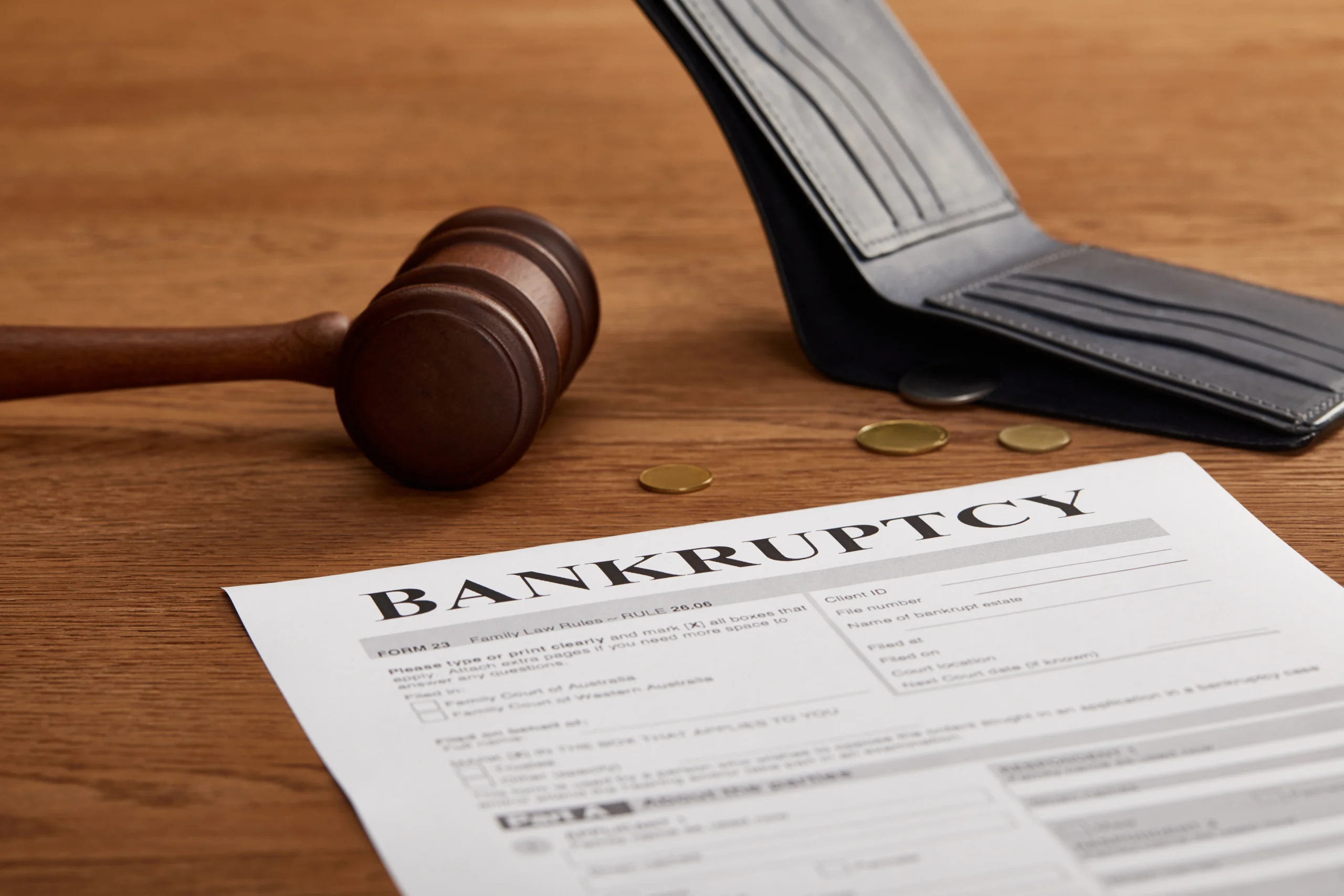Bankruptcy can be a complex and overwhelming process, but it can also offer a fresh start for those struggling with debt. However, it’s important to understand the limitations and restrictions that come with filing for bankruptcy. This article will explore what bankruptcy means and what you cannot do after filing.
What Does Filing for Bankruptcy Mean?
Bankruptcy is a legal process that allows individuals or businesses to reorganize their debts or eliminate them entirely. It is typically used as a last resort when debts become overwhelming and repayment is no longer feasible. There are several types of bankruptcy, each with its own specific rules and procedures:
- Chapter 7 Bankruptcy: This is often referred to as “liquidation” bankruptcy. It involves selling off assets to pay creditors, and any remaining debts are typically discharged.
- Chapter 13 Bankruptcy: This is a reorganization plan for individuals with regular income. It involves creating a repayment plan to pay off debts over a period of three to five years.
- Chapter 11 Bankruptcy: This is primarily used by businesses to restructure their debts and continue operating.
The process of filing for bankruptcy involves providing detailed financial information to a bankruptcy court. This information is used to assess your financial situation and determine the most appropriate type of bankruptcy for you.
What You Cannot Do After Filing Bankruptcy
Once you have filed for bankruptcy, there are certain restrictions and limitations that will be imposed on you. These restrictions can vary depending on the type of bankruptcy you filed and the specific circumstances of your case. Here are some of the most common restrictions:
Restrictions on Credit Cards and Loans:
- New credit cards: You will generally not be able to open new credit cards or obtain new loans for a certain period after filing bankruptcy. This restriction is designed to prevent you from accumulating additional debt.
- Existing credit cards: Your existing credit cards may be closed or your credit limits may be reduced. This is done to limit your ability to use credit and prevent you from incurring further debt.
Limitations on Assets and Property:
- Exemptions: Bankruptcy law allows you to keep certain assets, such as your home, car, and personal belongings. However, the amount of assets you can exempt varies depending on your state’s laws.
- Non-exempt assets: Any assets that are not exempt may be sold to pay off your creditors. This means that you may lose valuable possessions if they are not protected by exemptions.
Impact on Employment and Income:
- Job loss: Filing for bankruptcy does not typically result in job loss. However, if your bankruptcy affects your creditworthiness, it may make it more difficult to find new employment or obtain promotions.
- Income reduction: If your bankruptcy involves a repayment plan, you may be required to make payments to your creditors, which can reduce your disposable income.
Restrictions on Travel and Spending:
- Luxury items: You may be restricted from purchasing luxury items or engaging in extravagant spending. This is to ensure that you are using your resources responsibly and not contributing to your financial problems.
- International travel: In some cases, you may be required to obtain court approval before traveling outside the country. This is to prevent you from hiding assets or avoiding your creditors.
It is important to note that these restrictions may vary depending on your individual circumstances and the laws in your state. It is advisable to consult with a bankruptcy attorney to get specific advice regarding the limitations that apply to your case.
Conclusion
Filing for bankruptcy can be a significant step towards financial recovery, but it is essential to understand the consequences that come with it. By being aware of the restrictions and limitations imposed after filing, you can make informed decisions and take steps to rebuild your financial future. It is always recommended to seek professional advice from a bankruptcy attorney to ensure that you are making the best choices for your situation.
Pushpendra
Pushpendra Singh is a digital marketing expert with 17 years of experience. He’s helped many businesses grow by running successful online campaigns. Pushpendra knows a lot about digital marketing and understands how to make brands stand out online. He enjoys tackling new challenges and helping businesses succeed.
